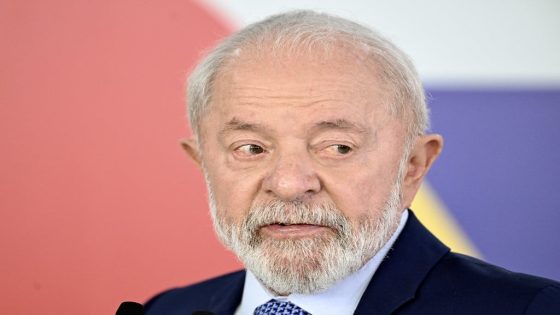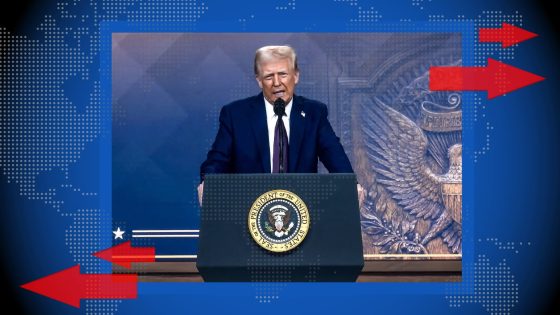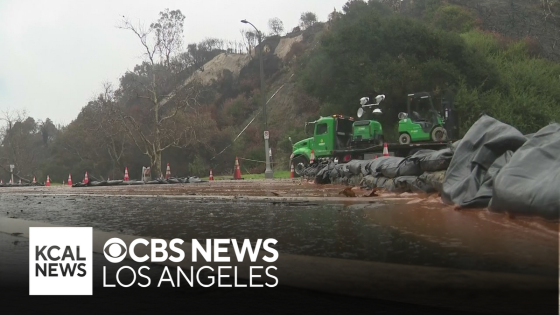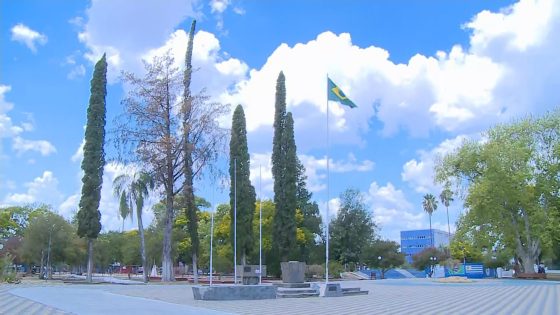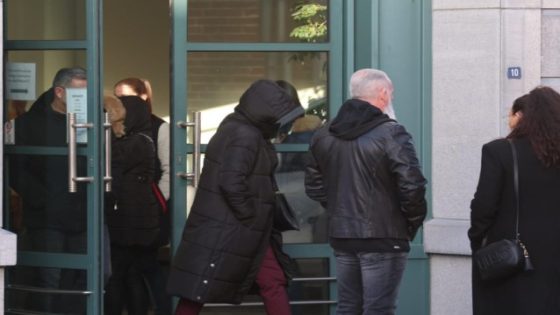In a recent letter, influential lawyer Antonio Carlos de Almeida Castro, known as Kakay, shared insights on President Lula’s declining popularity. He highlighted Lula’s isolation during his third term and urged him to reconnect with the political landscape. What does this mean for Brazil’s future?
- Lula's popularity crisis is deepening.
- Kakay warns of Lula's political isolation.
- Communication difficulties hinder Lula's leadership.
- Concerns about losing elections in 2026.
- Lula's reliance on intermediaries raises issues.
- The final poem emphasizes human dignity.
As of February 17, 2025, the political climate in Brazil is shifting, and Lula’s ability to navigate these changes is under scrutiny.
Why Kakay’s Advice to Lula Matters for Brazil’s Political Future
Is President Lula truly out of touch with his political allies? Kakay’s observations suggest that Lula’s current administration lacks the connection and communication necessary for effective governance. Without strong political ties, can Lula maintain his influence?
The Challenges Facing Lula’s Administration and Their Implications
Kakay’s letter outlines several key challenges that Lula faces in his third term:
- Lula is perceived as isolated and lacking political allies.
- He has lost his ability to engage effectively with former political friends.
- His reliance on intermediaries for communication is hindering direct political engagement.
- The growing influence of the extreme right poses a significant threat to his administration.
Understanding Lula’s Political Isolation and Its Impact
Lula’s current situation raises important questions about his leadership. With a lack of direct communication, how can he effectively respond to the needs of his constituents? The absence of trusted advisors may limit his ability to make informed decisions, ultimately affecting Brazil’s political landscape.
The Role of Communication in Political Leadership
Effective communication is crucial for any leader. Lula’s reliance on aides to relay messages may lead to misunderstandings and missed opportunities. Will he adapt his approach to regain the trust of his political allies and the public?
The Broader Implications for Brazil and the U.S.
The challenges Lula faces could have far-reaching consequences. As Brazil navigates its political landscape, the U.S. may need to pay attention. A weakened Lula could shift regional dynamics and impact international relations, especially in the context of rising extremism.
In conclusion, Kakay’s insights into Lula’s isolation highlight critical issues facing Brazil today. As the political landscape evolves, the need for strong leadership and communication remains paramount for the future of the nation.



